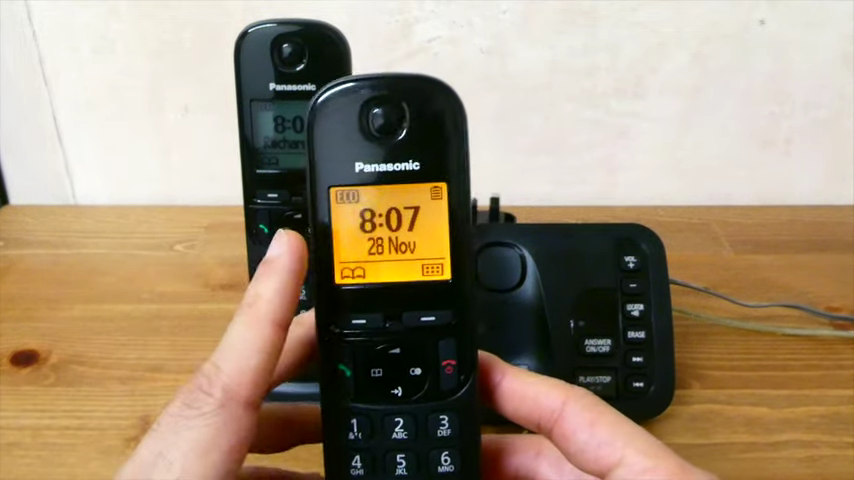
Oil

Millennials are turning their backs on the oil industry, opting to protect the environment for their future children. The younger generation sees the oil trade as a dirty, unethical, planet-killing resource, choosing instead to purchase electric, eco-friendly cars to do their bit to save Mother Earth.
DVRs
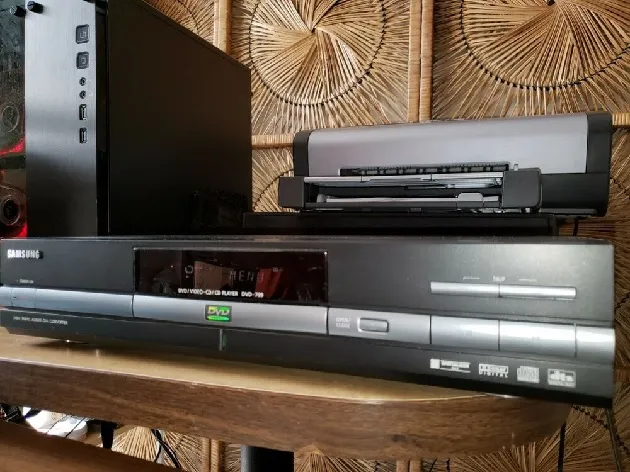
In the year 2000, a DVR was a staple item of every household. Used to record the family’s favorite TV shows, the subpar video quality seemed like the pinnacle of technology at the time. Nowadays, millennials watch everything on streaming services like Netflix, leaving the grainy standard of the DVR as a relic of the past.
Cinema tickets
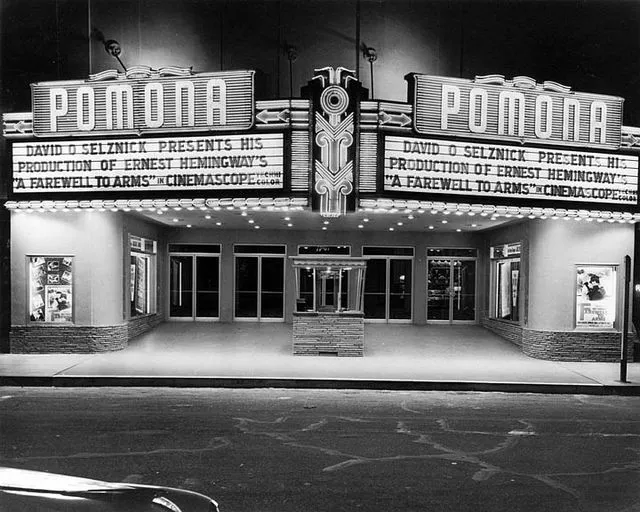
Movie theatres around the world are facing hard times, with low ticket sales resulting in the closure of many historic cinemas. Don’t blame millennials for this one – it’s a sign of the times, with a focus being placed on streaming movies from the comfort of your own home as opposed to grappling with masses of unruly crowds.
Cereal
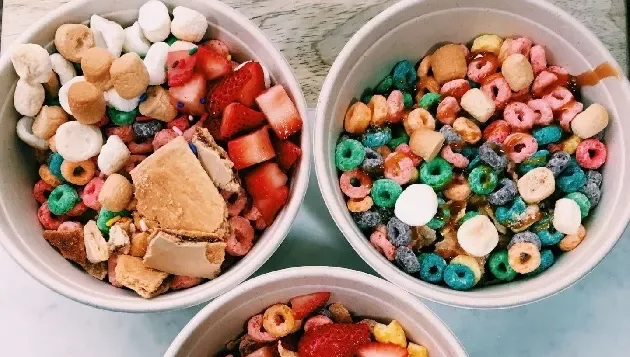
It may sound strange, but it’s true – millennials are turning their backs on breakfast cereals. To be more specific, the younger generation is choosing to eat healthier breakfasts, such as whole grains and porridge, leaving the sugar-filled alternatives on the shelves. So long, Captain Crunch!
Lavish weddings

It’s no secret – marriage rates are falling. Millennials aren’t just jaded by the rising divorce levels, they’re just focusing on their long-term goals, choosing to prioritize their careers and finances over love. For many, marriage isn’t financially viable, unable to wed due to the high expenses of the ceremony.
Gym subscriptions
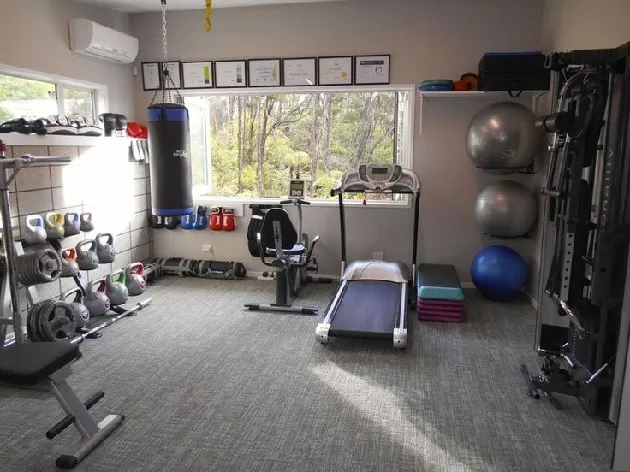
Why go to a gym when you can work out from home? That’s the millennial viewpoint, anyway. Saving hundreds of dollars a year on pricey gym fees, these savvy savers are instead choosing to purchase gym equipment for their homes, getting in shape without the fear of external judgment.
Meals out
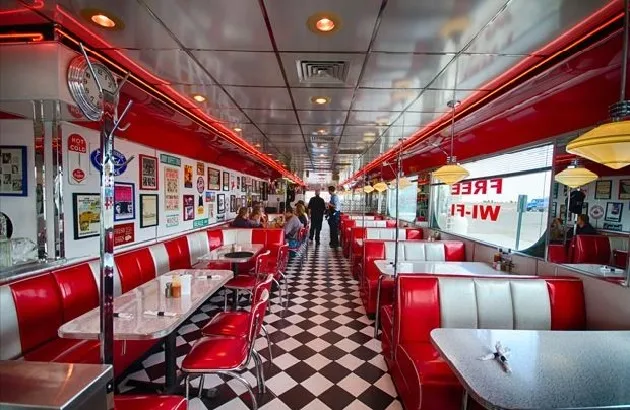
Millennials are turning a blind eye to chain restaurants for a myriad of reasons. Some prefer to support their local businesses, dining out at wholesome – albeit more expensive – eateries. Others simply can’t afford to eat out at all, opting to cook at home instead. Many are health-conscious, choosing to only consume organic meals from establishments they trust.
Groceries
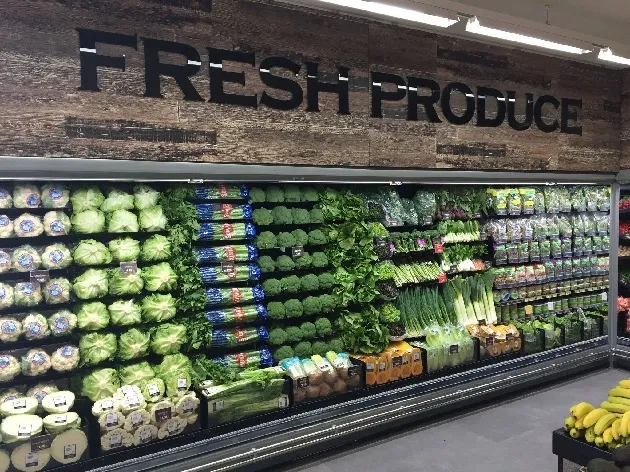
Experts predict that in the decades to come, we’ll see fewer grocery stores on our streets. This is mainly due to millennials purchasing their goods online, having them delivered to their doors within hours. Before you blame millennials for their laziness, consider that America is now the world’s most overworked nation, so the younger crowd is seeking ways to save time in their busy lives.
Department store goods
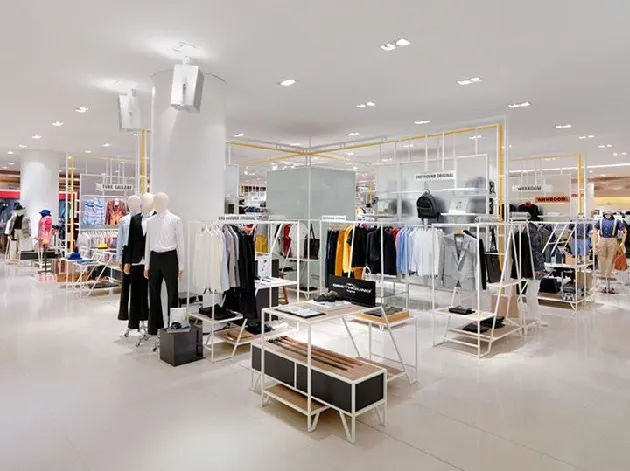
With the state of the economy, millennials are unable to splurge hundreds of dollars on unnecessary items from department stores. Clothing is generally picked up from thrift shops, while any furniture is grabbed second-hand from online marketplaces, leaving overpriced household items sitting on the shelves.
Cruises

With many millennials struggling to pay their rent, lavish cruises are the last thing on their mind. On the few vacations they can afford, the younger crowd prefers more cultured experiences such as city breaks, leaving the cramped cabins of cruises for the boomers to enjoy.
Canned food
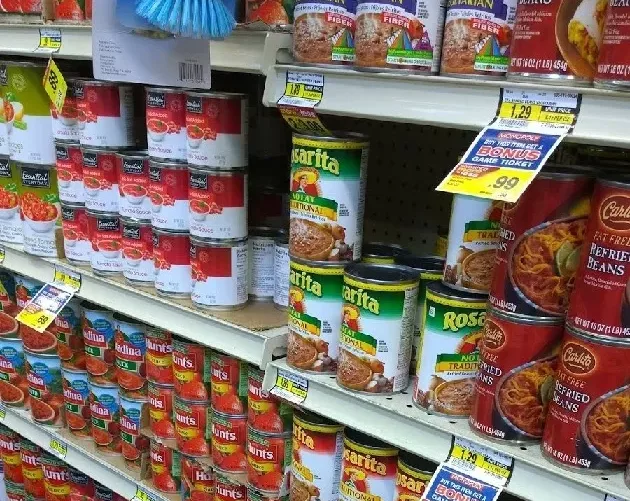
Some millennials don’t even own a can opener, let alone any tinned goods. Canned foods are falling in sales across the world, mainly due to the younger crowd preferring to consume healthier, nutritious foods as opposed to processed items drenched in an array of sodium and preservatives.
Golf

Golf is being left to the elders, with millennials seemingly ignoring the sport. While golfing can be therapeutic, offering a mind-clearing experience in the great outdoors, it can also be costly, with clubs and course fees being unaffordable. It also requires a great deal of patience, a trait that the younguns seem to lack.
Razors
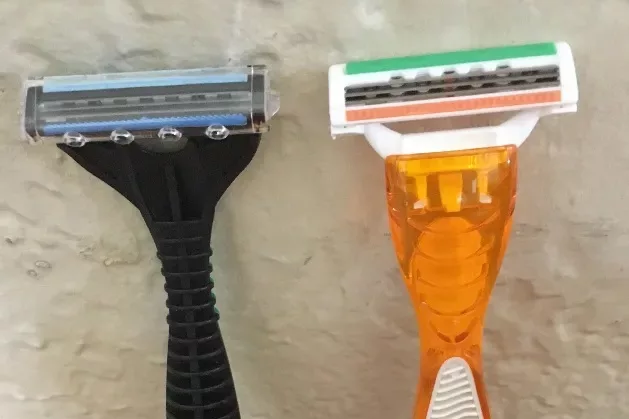
Once upon a time, having a beard was seen as a sign of laziness, rebellion, and even disrespect. In the modern era, donning facial hair is considered the epitome of style – so much so that sales of razor blades dropped by five percent in 2018.
Mayo

Believe it or not – sales of mayo are falling, with a 1.5% decrease year on year. A major part of this decline is due to millennials opting for more exotic sauces and flavors for their meals and snacks, shunning the rather bland taste of mayonnaise.
American cheese
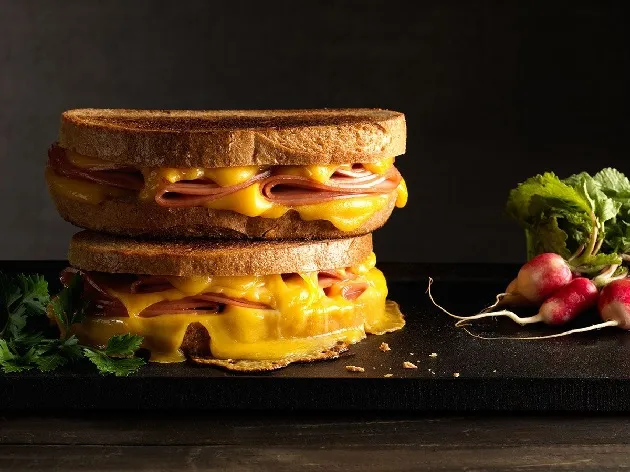
With veganism on the rise, American cheese is on the decline. Millennials are instead purchasing animal-friendly options, living a more ethical lifestyle. Even those that don’t lead a vegan way of life are choosing to buy artisan alternatives, preferring the more flavorsome cheeses of gouda and burrata.
Motorcycles

Motorbikes have a specific image attached to them, painting a picture of a baby boomer with an unruly beard cruising on his Ducati. Manufacturing companies are having to face the dire reality that millennials are turning their backs on the loud and dangerous vehicles, instead choosing more environmentally-friendly methods of transport.
Cars

With climate change becoming a hot topic, millennials are opting for more ethical modes of transport, leaving oil-guzzling, pollution-pumping vehicles to the older generation. For a lot of youngsters, the prospect of buying and running a car is simply too expensive, having to rely on public transport instead.
Lottery tickets

Millennials realize that there’s a higher chance of being struck by lightning than there is of winning the lottery. Therefore, scratch cards and jackpots are being left to collect dust, with youngsters choosing to spend their money on more realistic ventures. Are they being jaded, or just realistic?
Homes

This one isn’t by choice. With the housing market being in a state of irreparable disarray, the prospect of buying a starter home is neigh impossible for the younger generation, making the American dream just a far-flung fantasy. Instead, millennials are left to rent homes or share accommodation with their pals.
Mansions

If millennials can’t even buy a modest home, there’s next to no chance of them purchasing a mansion. Back in the day, buying your very own mansion was the epitome of the American dream. Nowadays, millennials are lucky if they can afford to pay their rent.
Diamond rings
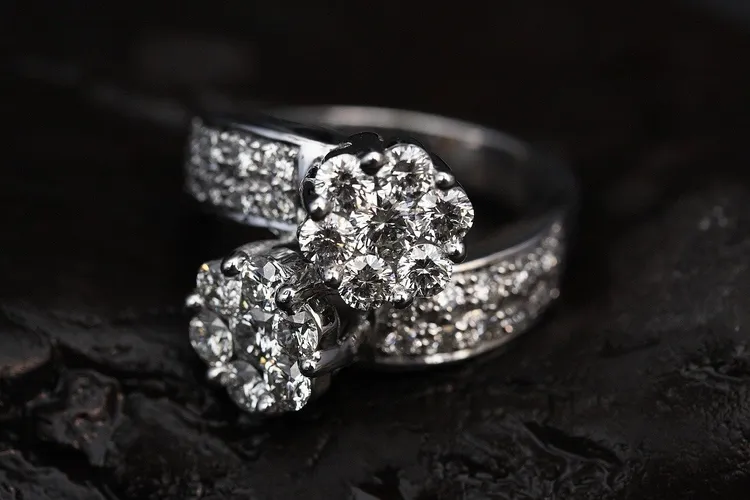
If millennials are getting married at all, they’re usually opting for different wedding bands, choosing gems that are both more affordable and unique. This change has resulted in a worldwide decline of diamond sales, with an 18% fall from their peak. As it turns out, diamonds aren’t a girl’s best friend – affordable housing is.
Paper napkins

With an increasing focus on environmental sustainability, millennials are turning their backs on wasteful disposable goods such as paper napkins. Instead, they’re choosing to invest in reusable items, using cloth napkins or multi-purpose paper towels to do their bit to try and protect the environment.
Doorbells
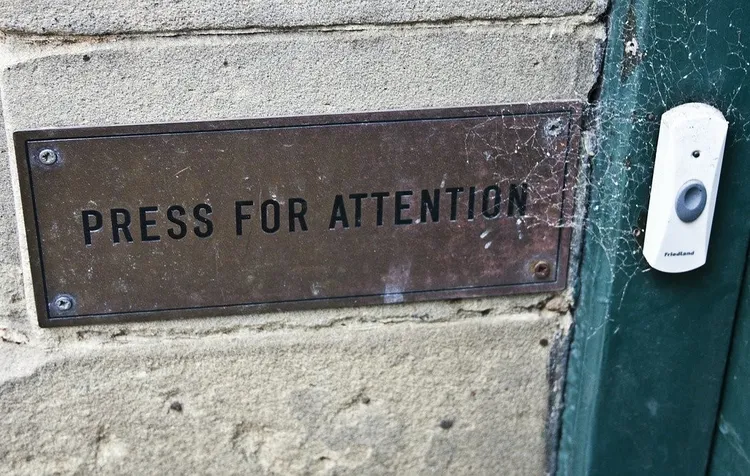
With texting, phone calls, and FaceTime all available, there’s no real need for the doorbell anymore. Millennials announce their arrival with a message, leaving doorbells to collect cobwebs. If any unexpected visitors do turn up at a millennial’s door, they’re likely to ignore the house call, prioritizing their safety.
Stamps

Why send a letter when you can send a text? Stamps are forlorn by the modern generation, with technology replacing the old-fashioned letter. While some may argue it’s a sad end of an era, cell phones have managed to unite friends and families on a global scale, without having to wait days – or even weeks – for a reply.
Maps

Who needs a paper map when you’ve got access to the entire world in the palm of your hand? With Google Maps being used by people of all ages all over the world, physical maps seem to be a thing of the past. Long gone are the days of dealing with flimsy, out-of-date charts – millennials prefer their digital counterparts.
Straws
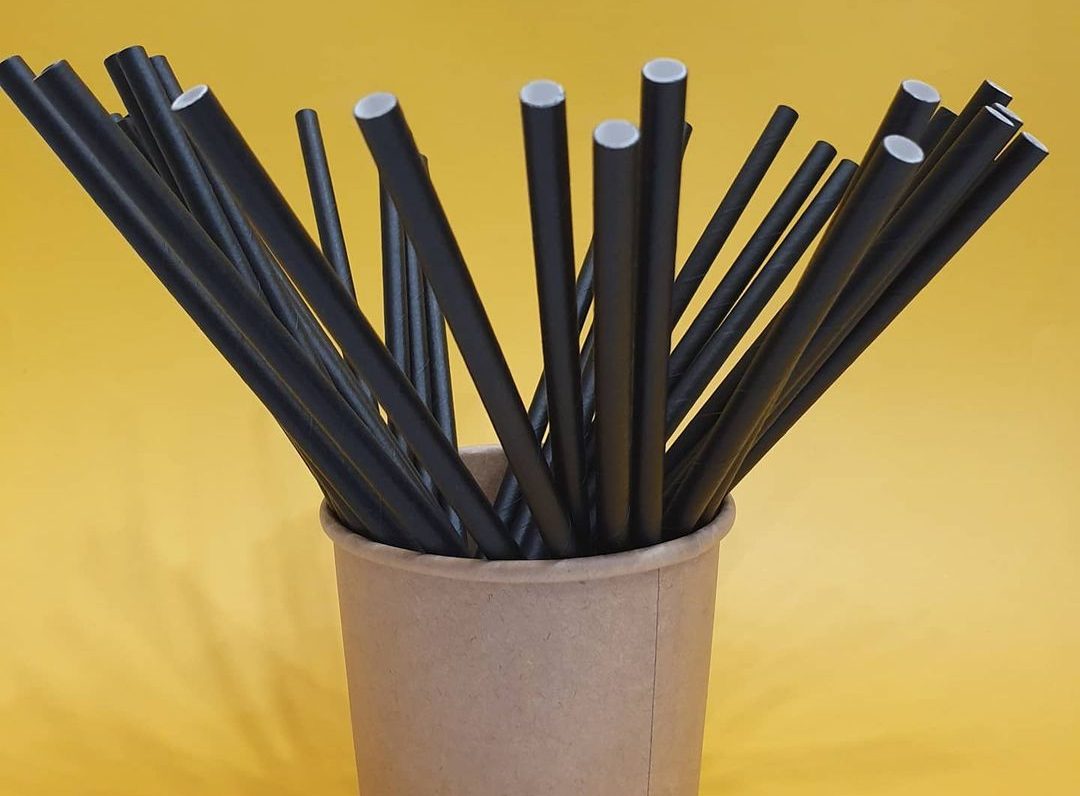
Most millennials have very strong opinions on straws. Or, rather, the impact that straws have on our oceans. Offer a plastic straw to a youngster and they’re likely to turn their nose up, beginning a tirade about the impact the plastics have on vulnerable sea creatures.
DVDs
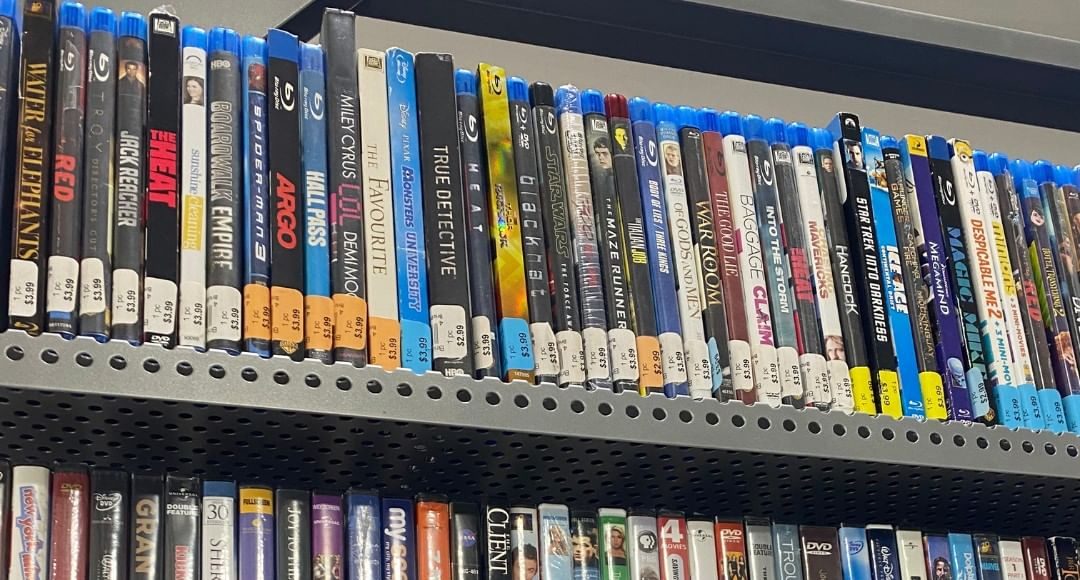
Who has time to get up and manually insert a disc? Not millennials, that’s for sure. Leaving DVDs to pile up in bargain bins across the nation, the younger crowd prefers to watch their films through streaming services – with an endless array of movies to watch only a few clicks away.
Cable TV
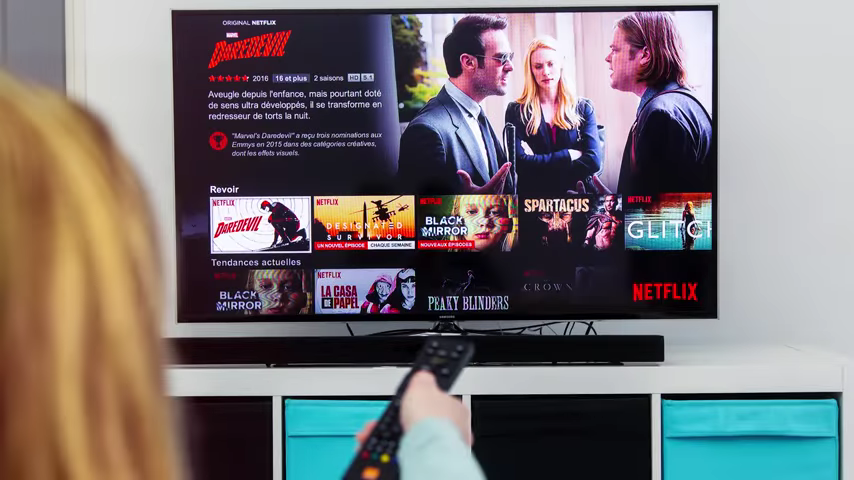
Most millennials own a television but refuse to pay for cable TV. The reasoning is simple – cable is expensive and limited. Switching to Netflix gives users a bigger choice of content, all available to watch at any time of day. In a couple of decades, cable TV is likely to be a thing of the past.
Single-use plastics
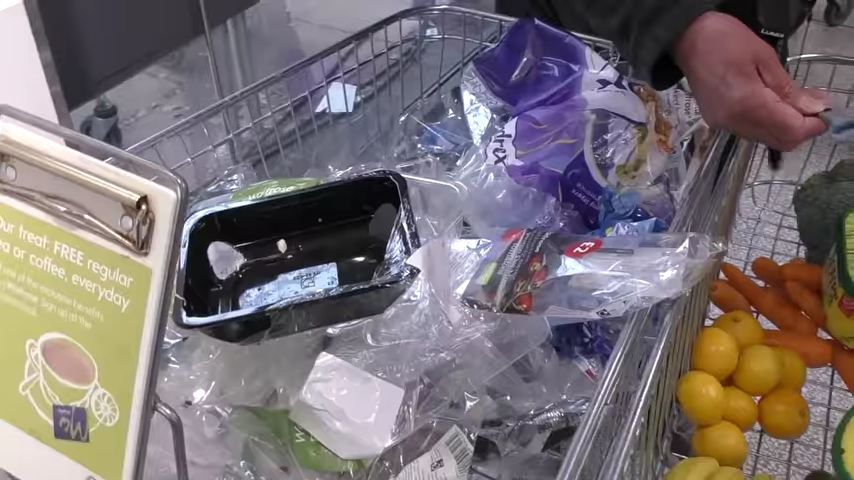
Millennials appear to be leading the war on plastic, petitioning against the single-use items that drastically damage our environment. If something’s sheathed in thick layers of synthetic wrapping, it’s likely a millennial will forgo the purchase altogether, instead choosing to buy items that come in biodegradable packaging.
Bars of soap
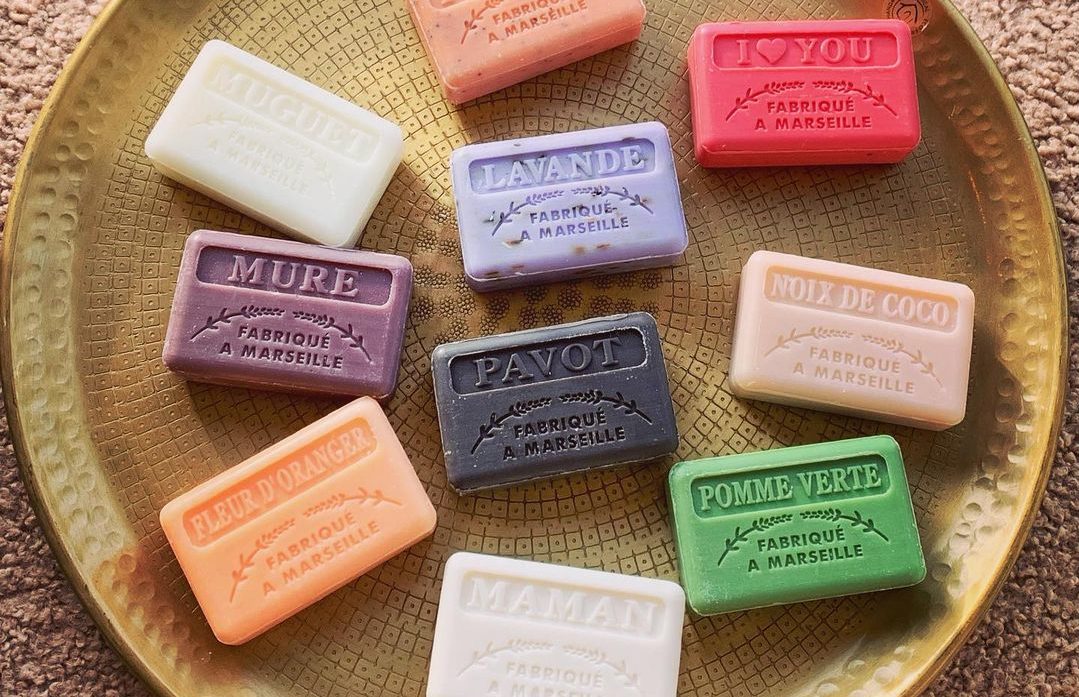
Bathrooms that feature bars of soap are usually perceived as belonging to an elder. Millennials prefer to use shower gels, sometimes purchasing three-in-one scrubs to save both time and bathroom space. With that said, soap dishes also appear to be a thing of the past, more suited to your grandma’s bathroom.
Home phones

When was the last time you used your home phone? For most people, it’s been years, with only scam calls reaching the telephone. Millennials heralded this change, becoming so reliant on their cell phones that it reduced the landline to an unused, unloved gadget.
Cow’s milk
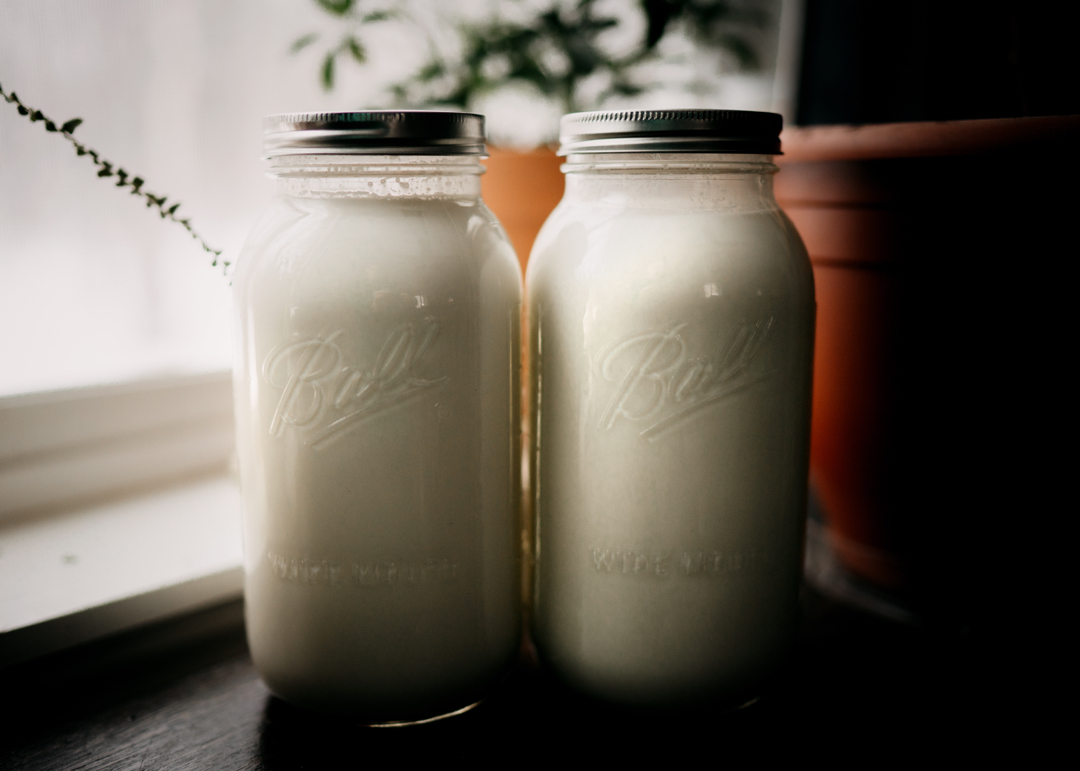
The generation of millennials focuses on their health more than any age group that came before them. Surprisingly, these health concerns include cow’s milk. Stuffed full of hormones meant for baby cows, most youngsters opt for oat or almond milk, leaving the endocrines on the shelf.
Postcards
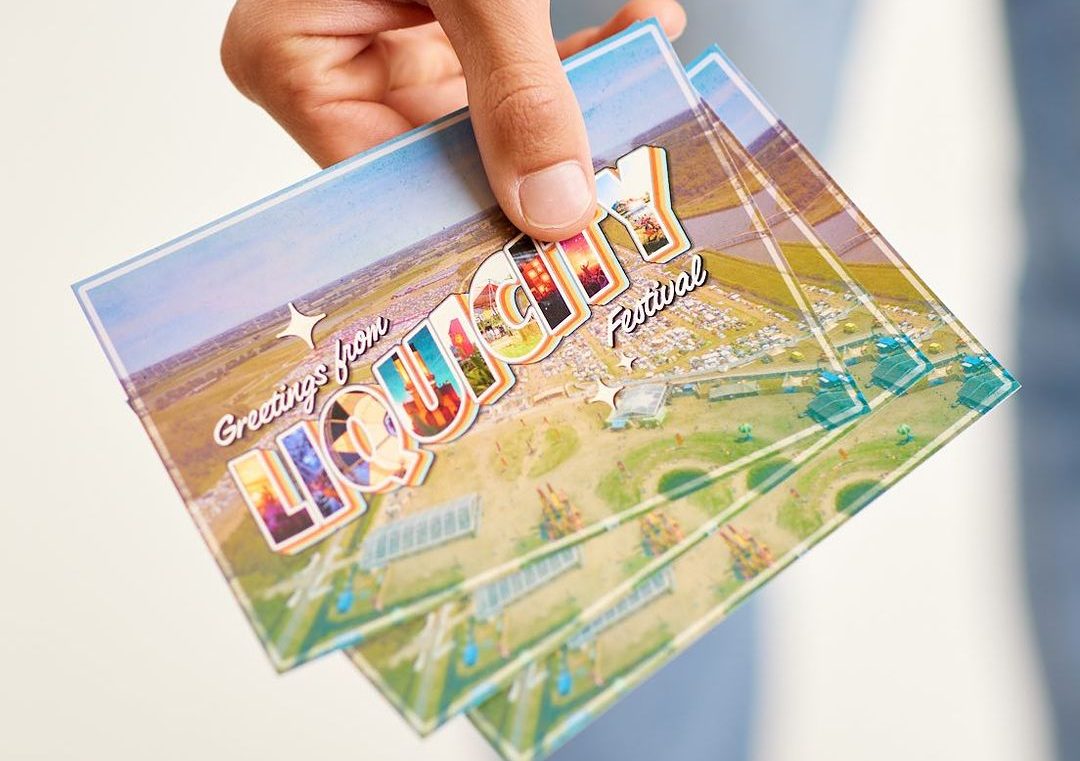
If millennials do manage to afford a vacation, you can bet that they won’t spend their hard-earned cash on postcards. Instead, they simply drop their friends and family a quick text – maybe a selfie, if they’re feeling generous. While digitized postcards don’t quite have the same personal touch, at least it’s easier to remain in constant contact with your loved ones while overseas.
Cash

As the years tick by, cash is becoming less and less common. Millennials are partly to blame for this controversial change, with the youth of today preferring to carry credit cards instead of big wads of chunky cash. Whether a cashless society lingers in our future remains to be seen…
Designer clothes
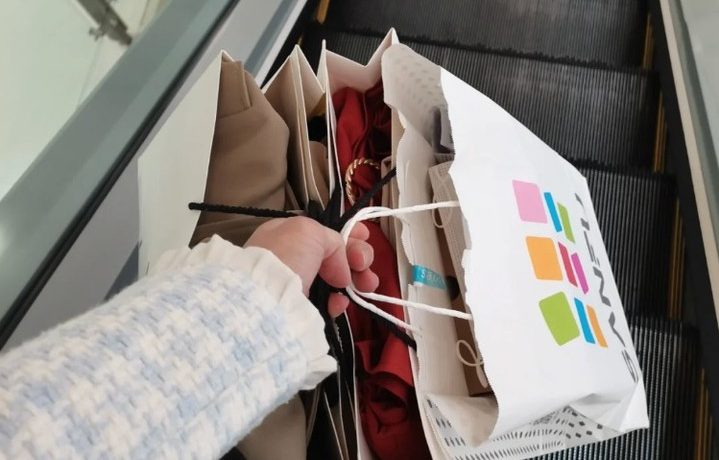
Versace, Gucci, and Prada used to be the pinnacle of success, where donning yourself in designer labels was seen as an enviable feat. Nowadays, it seems try-hard, shallow, and materialistic. Instead, millennials prefer to buy their clothes from thrift shops, snagging vintage items at bargain prices.
Fabric softener
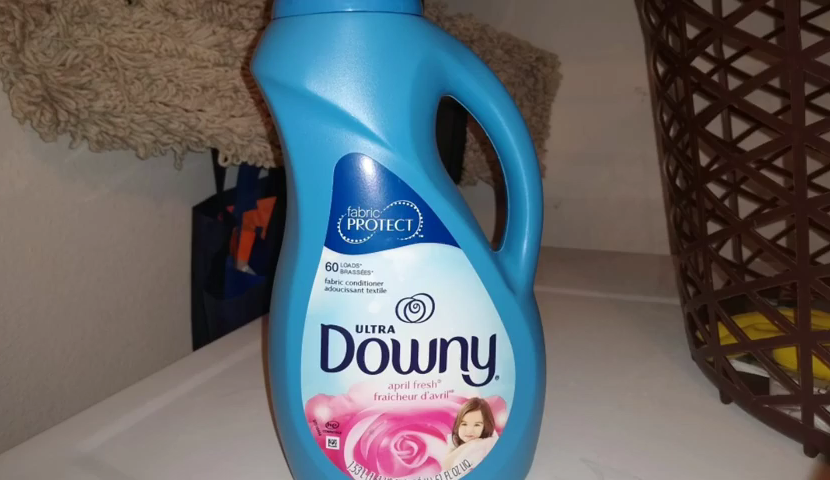
Some millennials think that fabric conditioner is a complete scam, another product fabricated by big companies to squeeze them of their hard-earned cash. Therefore, many youngsters are simply washing their clothes with plain old detergent, claiming it makes little difference to the softness of their threads.
Suits

There’s nothing quite as stylish as a well-fitting suit, oozing class and confidence. Millennials, however, seem to opt for more casual clothing choices. Maybe it’s due to the late Steve Jobs’ dressed-down appearance, showing that you don’t have to look sharp in order to become a multi-millionaire.
Irons

Supposedly, two-thirds of millennials don’t know how to work an iron. Instead, the youngsters tend to buy clothing that doesn’t need to be ironed in the first place, choosing sturdy materials for their tees. A smart way of saving time, or an admission of laziness?
Red meat
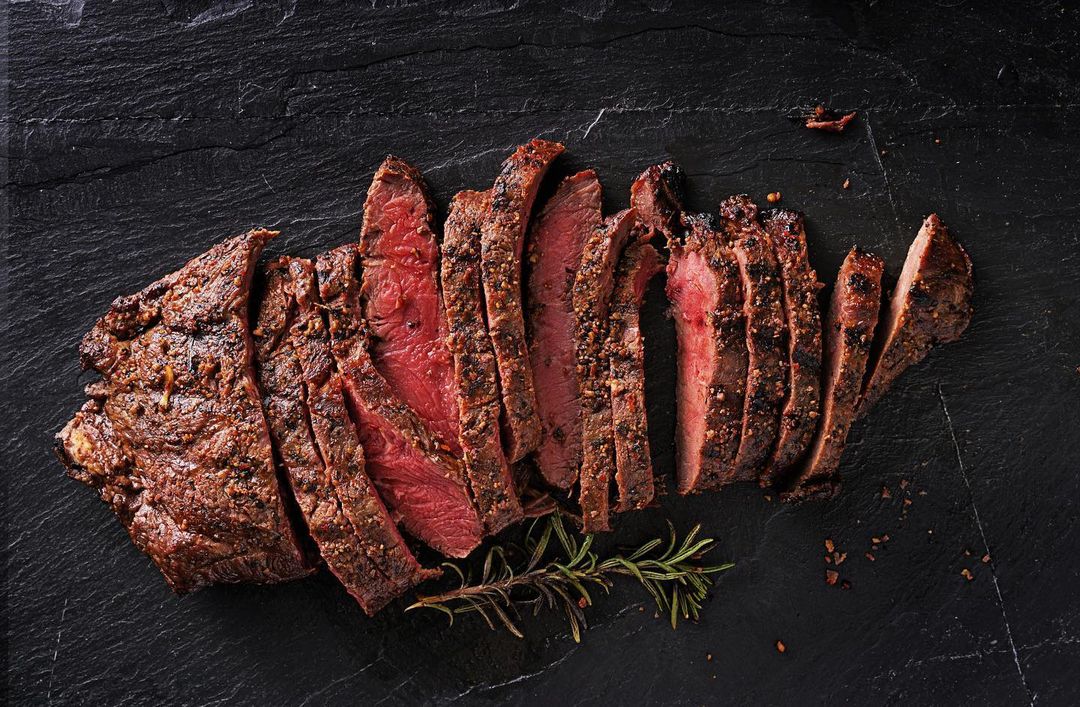
Every year, more people turn to a meat-free lifestyle, with millennials leading the change. Red meat has been hit the hardest, with the youths harboring concerns about the food’s harmful content. With studies showing that regularly eating red meat can lead to cancer, it’s no surprise that millennials are opting for safer, carcinogen-free foods.
CDs
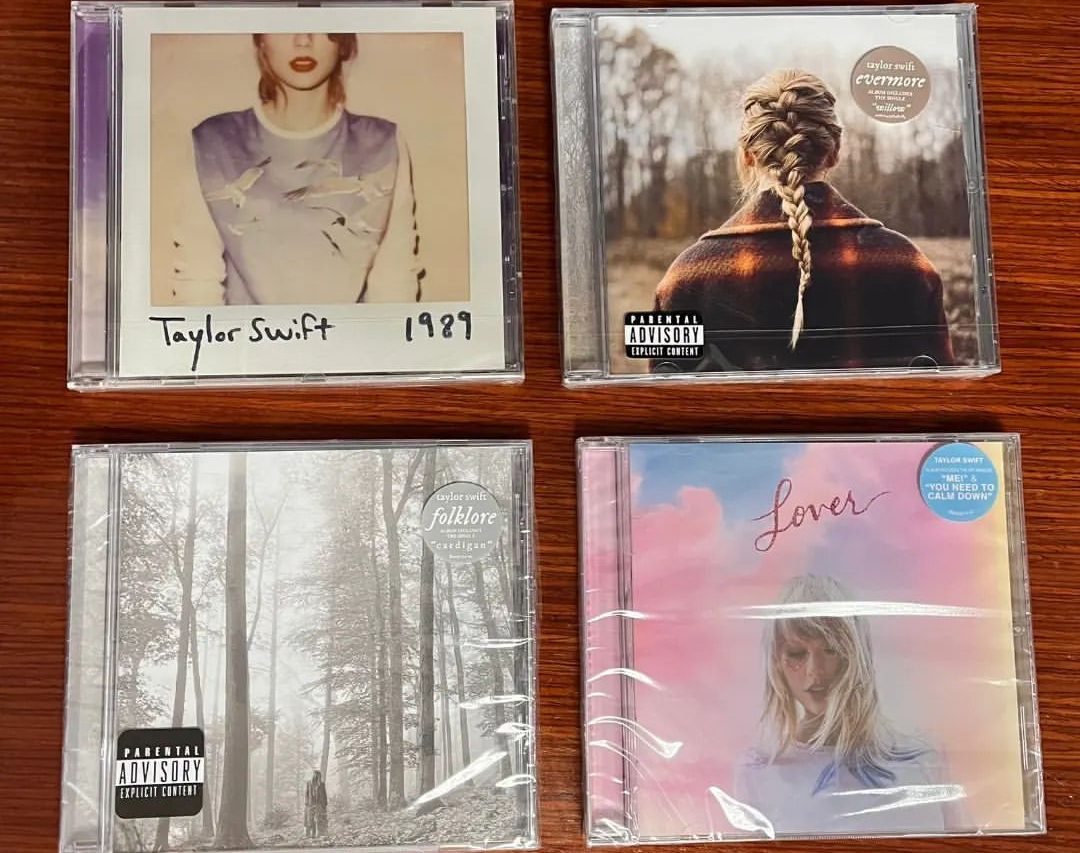
Only the most diehard of music fans purchase CDs these days, with the majority of millennials choosing instead to stream their music on services like Spotify and Apple Music, with millions of songs available just a few clicks away. With millennials favoring ease above any other generation, the age of streaming doesn’t look as though it’s set to slow down anytime soon.
